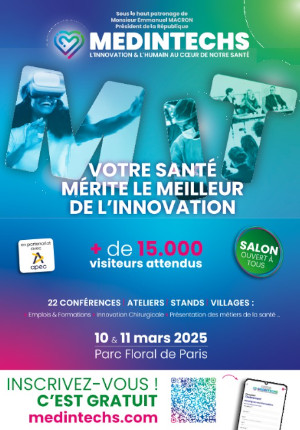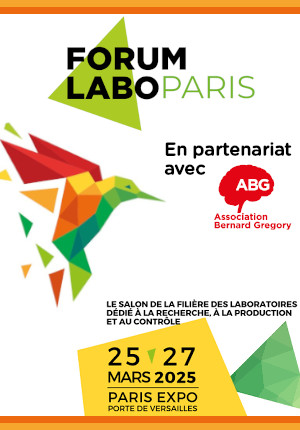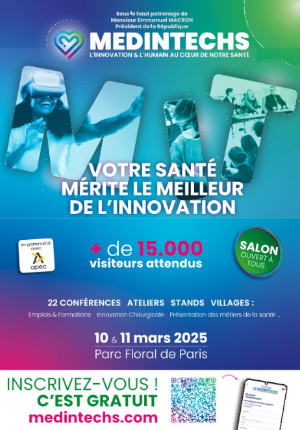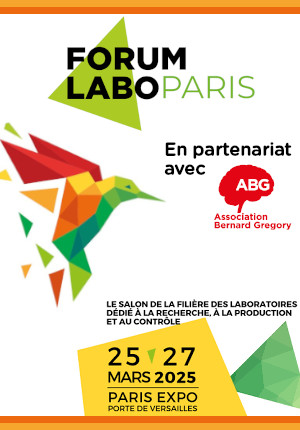Métabolisme microbien de lacs urbains : puits ou source de carbone et d'azote sous stress anthropique // Microbial metabolism of urban lakes : sink or source of carbon and nitrogen under anthropogenic stress ?
|
ABG-128696
ADUM-60965 |
Thesis topic | |
| 2025-02-18 |
Sorbonne Université SIM (Sciences, Ingénierie, Médecine)
Paris - France
Métabolisme microbien de lacs urbains : puits ou source de carbone et d'azote sous stress anthropique // Microbial metabolism of urban lakes : sink or source of carbon and nitrogen under anthropogenic stress ?
- Earth, universe, space sciences
stress anthropique, Communautés microbiennes, lac péri-urbain, cycles C et N, antibiotiques
anthropic stress, microbial communities, urban lakes, C and N cycles, antibiotics
anthropic stress, microbial communities, urban lakes, C and N cycles, antibiotics
Topic description
Les milieux aquatiques continentaux, notamment ceux à proximité des villes (e.g. lacs urbains, péri-urbains, fleuves), sont fortement soumis à des apports en antibiotiques (ATB), micropolluants identifiés comme une menace anthropogénique importante. Au sein de ces écosystèmes, les microorganismes sont impliqués dans le recyclage de la matière organique et jouent un rôle essentiel dans les capacités de l'écosystème à être une source ou un puits de carbone et d'azote.
Si la dissémination des gènes de résistance aux ATB en milieu naturel fait l'objet de nombreux travaux, les conséquences sur le métabolisme et les services écosystémiques sont peu abordées.
L'objectif du projet de thèse est de déterminer (i) si des milieux aquatiques urbains contrastés (de méso- à hypereutrophe) répondent différemment aux stress chimiques liés aux antibiotiques, de par un résistome différent, et (ii) dans quelle mesure ces stress engendrent des modifications fortes des fonctions écosystémiques de stockage ou émission de carbone et d'azote.
------------------------------------------------------------------------------------------------------------------------------------------------------------------------
------------------------------------------------------------------------------------------------------------------------------------------------------------------------
Continental aquatic environments, particularly those close to cities (e.g. urban and peri-urban lakes, rivers), are heavily subjected to inputs of antibiotics (ATBs), micropollutants identified as a major anthropogenic threat. Within these ecosystems, microorganisms are involved in the recycling of organic matter and play an essential role in the ecosystem's capacity to be a source or sink of carbon and nitrogen.
While the dissemination of ATB resistance genes in the natural environment has been the subject of a great deal of research, the consequences for metabolism and ecosystem services have received little attention.
The aim of the thesis project is to determine (i) whether contrasting urban aquatic environments (from meso- to hypereutrophic) respond differently to chemical stresses linked to antibiotics, due to a different resistome, and (ii) to what extent these stresses generate strong modifications of the ecosystem functions of carbon and nitrogen storage or emission.
------------------------------------------------------------------------------------------------------------------------------------------------------------------------
------------------------------------------------------------------------------------------------------------------------------------------------------------------------
Début de la thèse : 01/10/2025
Si la dissémination des gènes de résistance aux ATB en milieu naturel fait l'objet de nombreux travaux, les conséquences sur le métabolisme et les services écosystémiques sont peu abordées.
L'objectif du projet de thèse est de déterminer (i) si des milieux aquatiques urbains contrastés (de méso- à hypereutrophe) répondent différemment aux stress chimiques liés aux antibiotiques, de par un résistome différent, et (ii) dans quelle mesure ces stress engendrent des modifications fortes des fonctions écosystémiques de stockage ou émission de carbone et d'azote.
------------------------------------------------------------------------------------------------------------------------------------------------------------------------
------------------------------------------------------------------------------------------------------------------------------------------------------------------------
Continental aquatic environments, particularly those close to cities (e.g. urban and peri-urban lakes, rivers), are heavily subjected to inputs of antibiotics (ATBs), micropollutants identified as a major anthropogenic threat. Within these ecosystems, microorganisms are involved in the recycling of organic matter and play an essential role in the ecosystem's capacity to be a source or sink of carbon and nitrogen.
While the dissemination of ATB resistance genes in the natural environment has been the subject of a great deal of research, the consequences for metabolism and ecosystem services have received little attention.
The aim of the thesis project is to determine (i) whether contrasting urban aquatic environments (from meso- to hypereutrophic) respond differently to chemical stresses linked to antibiotics, due to a different resistome, and (ii) to what extent these stresses generate strong modifications of the ecosystem functions of carbon and nitrogen storage or emission.
------------------------------------------------------------------------------------------------------------------------------------------------------------------------
------------------------------------------------------------------------------------------------------------------------------------------------------------------------
Début de la thèse : 01/10/2025
Funding category
Funding further details
Contrats ED : Programme blanc SU-SIM
Presentation of host institution and host laboratory
Sorbonne Université SIM (Sciences, Ingénierie, Médecine)
Institution awarding doctoral degree
Sorbonne Université SIM (Sciences, Ingénierie, Médecine)
Graduate school
129 Sciences de l'Environnement d'Ile-de-France
Candidate's profile
Le/la candidat(e) possédera un master en écologie et/ou microbiologie, aura des connaissances en écologie microbienne en milieu aquatique, sera autonome avec un bon esprit d'équipe, des qualités rédactionnelles et orales. Des compétences en biologie moléculaire et/ou analyses bio-informatique seront un plus.
he candidate will have a master's degree in ecology and/or microbiology, knowledge of microbial ecology in aquatic environments, autonomy, team spirit, writing and speaking skills. Skills in molecular biology and/or bioinformatics analysis would be a plus.
he candidate will have a master's degree in ecology and/or microbiology, knowledge of microbial ecology in aquatic environments, autonomy, team spirit, writing and speaking skills. Skills in molecular biology and/or bioinformatics analysis would be a plus.
2025-05-12
Apply
Close
Vous avez déjà un compte ?
Nouvel utilisateur ?
More information about ABG?
Get ABG’s monthly newsletters including news, job offers, grants & fellowships and a selection of relevant events…
Discover our members
 SUEZ
SUEZ  Tecknowmetrix
Tecknowmetrix  CASDEN
CASDEN  MabDesign
MabDesign  Nokia Bell Labs France
Nokia Bell Labs France  Aérocentre, Pôle d'excellence régional
Aérocentre, Pôle d'excellence régional  ANRT
ANRT  ADEME
ADEME  Institut Sup'biotech de Paris
Institut Sup'biotech de Paris  PhDOOC
PhDOOC  TotalEnergies
TotalEnergies  Laboratoire National de Métrologie et d'Essais - LNE
Laboratoire National de Métrologie et d'Essais - LNE  Institut de Radioprotection et de Sureté Nucléaire - IRSN - Siège
Institut de Radioprotection et de Sureté Nucléaire - IRSN - Siège  MabDesign
MabDesign  CESI
CESI  Généthon
Généthon  Ifremer
Ifremer  Groupe AFNOR - Association française de normalisation
Groupe AFNOR - Association française de normalisation  ONERA - The French Aerospace Lab
ONERA - The French Aerospace Lab










